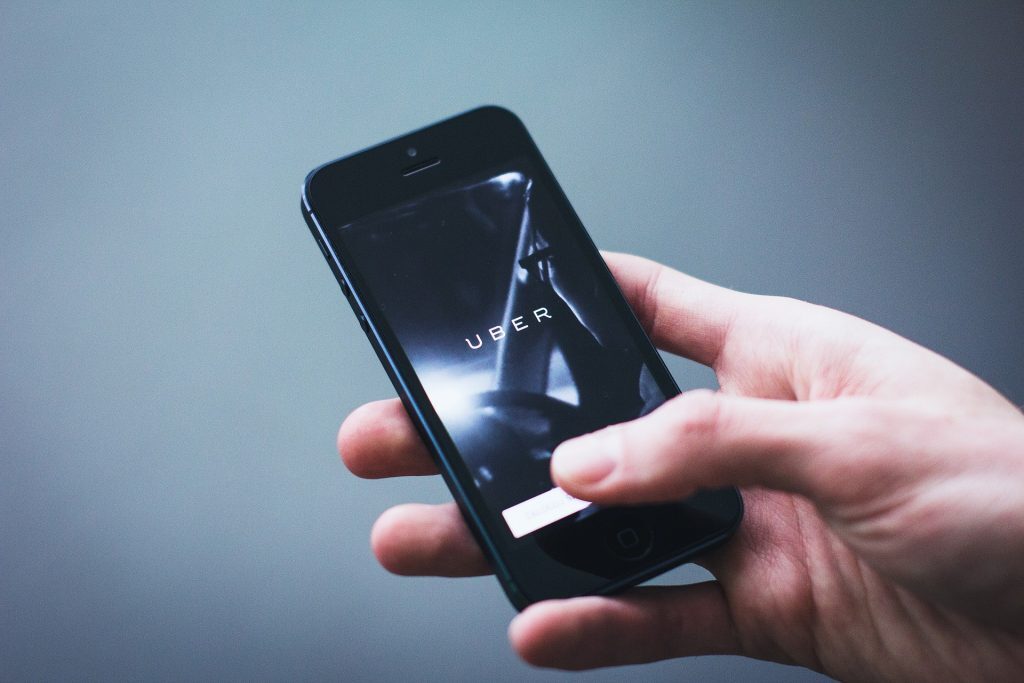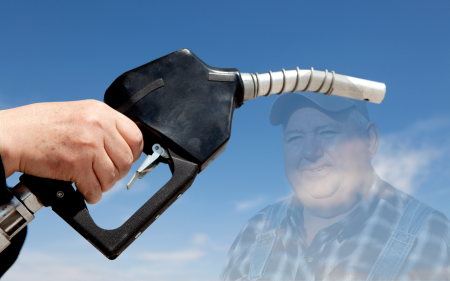Well, that didn’t take long. Following a UK’s Supreme Court ruling last week that Uber drivers should be classified as workers, rather than self-employed, Uber South Africa is now staring down the barrel of a class action lawsuit that’s being brought against it by a group of human rights lawyers, demanding that the ride-sharing app company recognise its drivers as employees.
Johannesburg-based Mbuyisa Moleele Attorneys, assisted by law firm Leigh Day in London, are preparing the class action lawsuit, which is to be filed in the Johannesburg Labour Court. The potential ruling in this case could affect up to 20,000 drivers.
This action comes after the UK’s Supreme Court ruled last week that drivers working for the popular ride-sharing app should be classified as workers entitling them to basic rights such as holiday pay and minimum wage. Leigh Day represented the drivers in the UK lawsuit.
The current Uber model “exploits workers”
“The claim will be based on the drivers’ entitlement to rights as employees under South African legislation and will seek compensation for unpaid overtime and holiday pay,” the lawyers said in a statement. “The Uber claim follows a decision by the UK supreme court on Friday, 19 February that Uber drivers should be legally classified as workers rather than independent contractors, and as such are entitled to similar benefits.”
“Uber’s argument that it is just an app does not hold water when its behaviour is that of an employer,” Zanele Mbuyisa of Mbuyisa Moleele Attorneys told TechCentral.
“The current model exploits drivers: They are effectively employees but do not benefit from the associated protections. We are issuing a call to workers to stand up for their rights and join the class action against Uber,” she added.
Uber’s response
“The vast majority of drivers who use the Uber app say they want to work independently. We’ve already made significant changes to our app to ensure we support this, including through Partner Injury Protection, new safety features and access to quality and affordable private healthcare cover for drivers and their families, voluntarily,” an Uber spokesperson said. “We continue to do as much as possible to enhance the earnings potential of drivers, and leverage innovative offerings like fuel rewards, vehicle maintenance and other special offers to help them.”
“At a time when we need more jobs, not fewer, we believe Uber and other platforms can be a bridge to a sustainable economic recovery. Uber has already produced thousands of sustainable economic opportunities. This is testament to the appeal of the Uber business model which provides drivers with an independent status while allowing them to develop and expand their businesses following their needs and time schedules as well as their business skills and plans, and pursue any economic activities of their choice.”
Source: [TechCentral]




